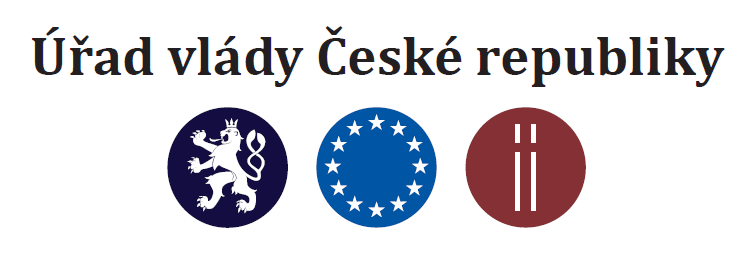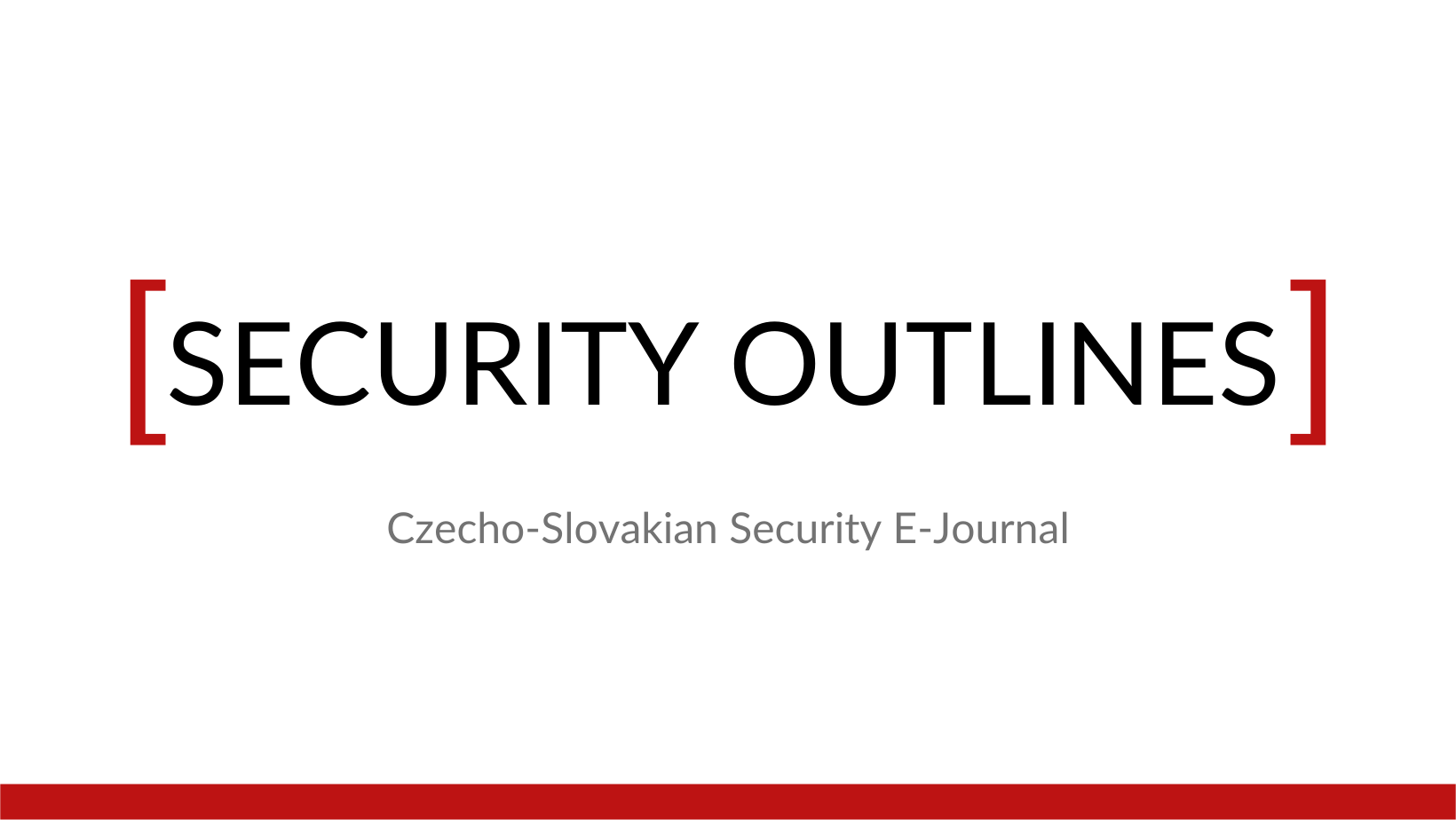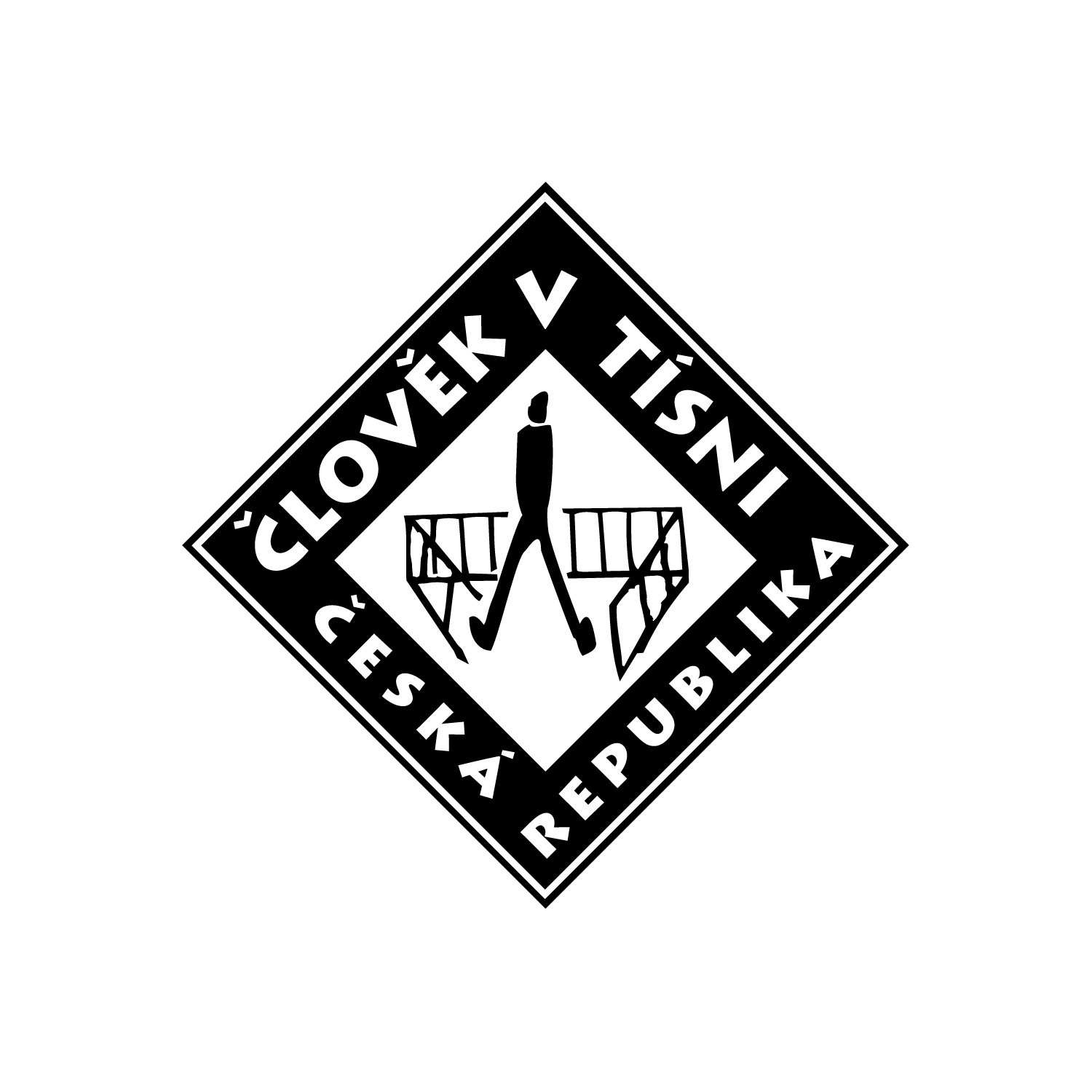International Relations
International Relations
Master in International Relations, MAIN, is a two-year English-language Master's degree programme that provides students with the knowledge and analytical skills to understand the international context of politics, economy, and security. Tensions among major powers, such as the United States, China, the European Union and its members, and Russia, are on the rise. With the Russian attack on Ukraine, Europe faces the first major war since the Second World War. At the same time, the world is growing ever more inter-connected. Major political decisions influencing our everyday lives are made not only by individual states but increasingly internationally and by regional and global institutions.
Our programme helps students understand how international and European politics work and what challenges states, business, NGOs, and individuals face in the globalised world. Within an interdisciplinary framework, students learn about the key points of contestation in world politics, major transnational issues such as climate change, and the functioning of the key global institutions and the European Union. They study how international conflicts can be productively transformed into cooperation. In addition to providing students with a robust background in international and European politics, the programme emphasises the development of students' analytical capabilities and critical thinking. Thanks to the broad scope of competences students acquire and deepen during their studies, our graduates become highly valued experts in national administrations and diplomacy, European and international institutions, but also businesses, NGOs, media, and academia.
The study curriculum is composed of common compulsory modules in the first year of study and of individual specialisation and master thesis research in the second year. The first semester offers modules on the international system, specifically theories of international relations, global political economy, and international security. The second semester includes modules related to international “community”, specifically classes on the European integration, international institutions, and international law. The first year of studies also includes training on both quantitative and qualitative methodologies. The first year of studies also includes training on both quantitative and qualitative methodologies.
During the second year, students choose from a broad range of elective courses that deepen their understanding of the individual areas of international and European politics. These courses are offered by the Department of International Relations and by other Departments and Institutes of the Faculty of Social Sciences. The programme offers various thematic specialisations, but thanks to cutting-edge research carried out by our faculty, we offer particularly broad and unique expertise in fields of European studies, International Organizations, and the current global order.
Students are also welcome to spend one or both semesters at one of our numerous partner universities across Europe and over the world. Some students pursue the Double Degree track offered in cooperation with the University of Konstanz.
Throughout the second year, students work on their Master theses, under the individual supervision of one of our faculty. The State Final Examination at the end of studies consists of a compulsory examination in International Relations and an examination in one of the following areas: the European Union, International Institutions, International Law, International Economic Relations. As part of the final state examination, students also defend their thesis.
Academic supervisor of the programme is doc. PhDr. Jan Karlas, MA., Ph.D.
Coordinator for the programme is Mgr. Viera Martinková, Ph.D.
Questions at the final state exam valid since the winter semester of 2022/2023
M.A. Thesis – Guidelines for Thesis project
M.A. Thesis - Guidelines for Topic Selection
Fee relief for Excellent Study Results in the program Master’s in International Relations (MAIN)
More information, including details about the entry requirements, is available at the Faculty website
Want to know more? Check the video:









